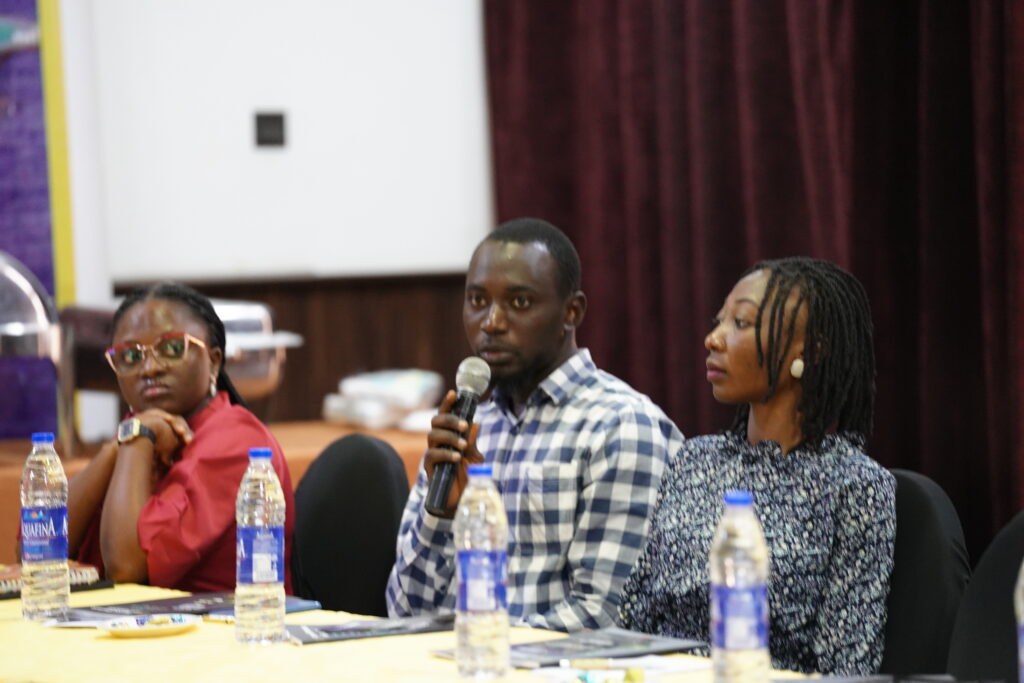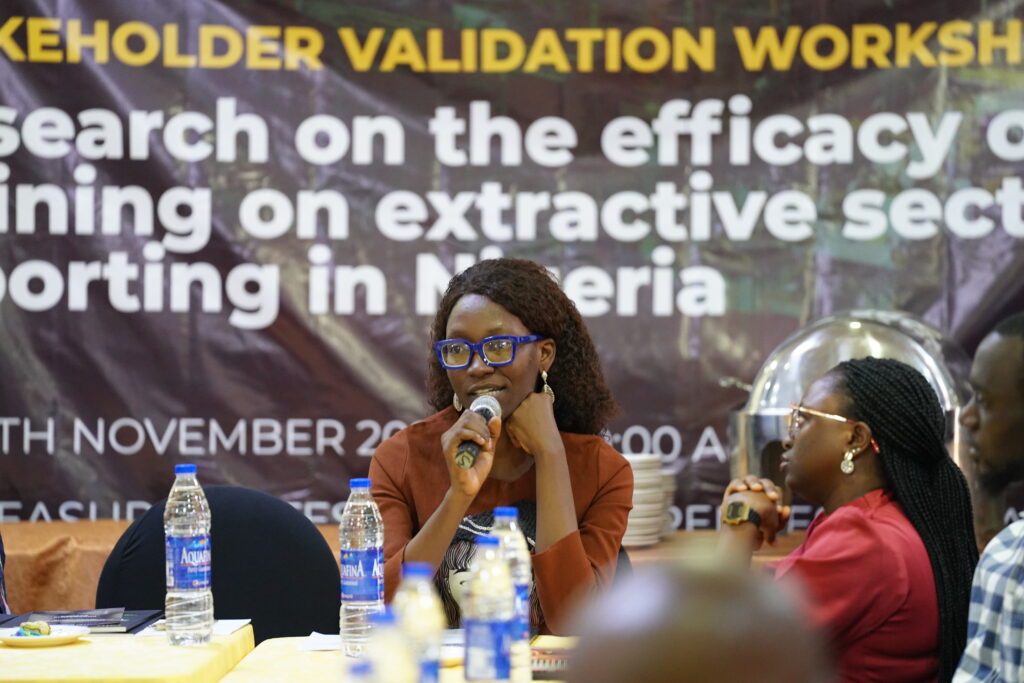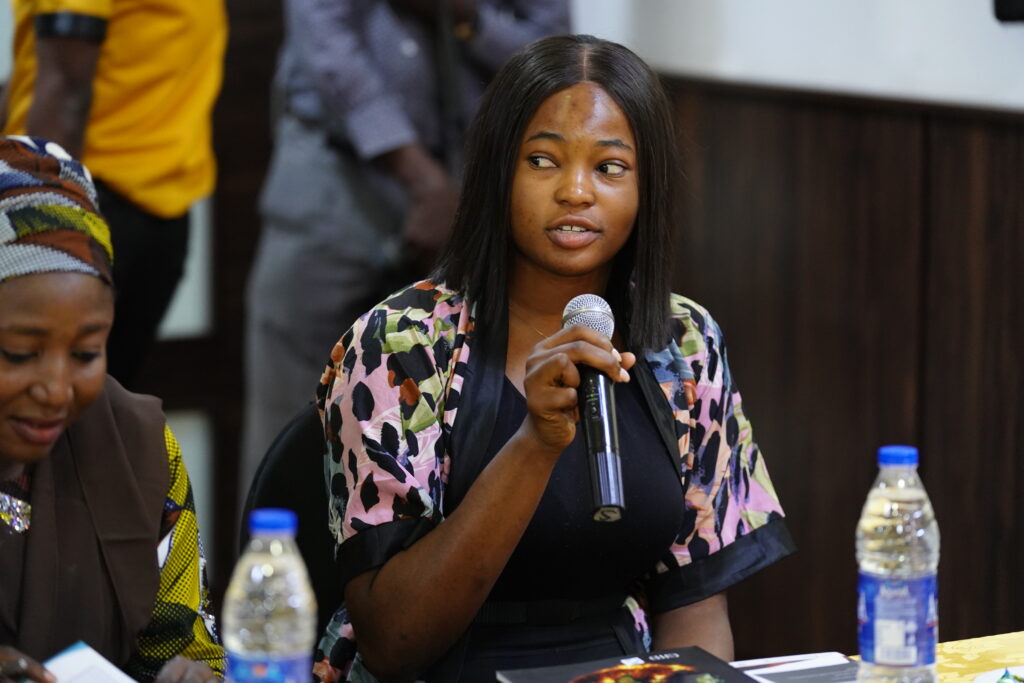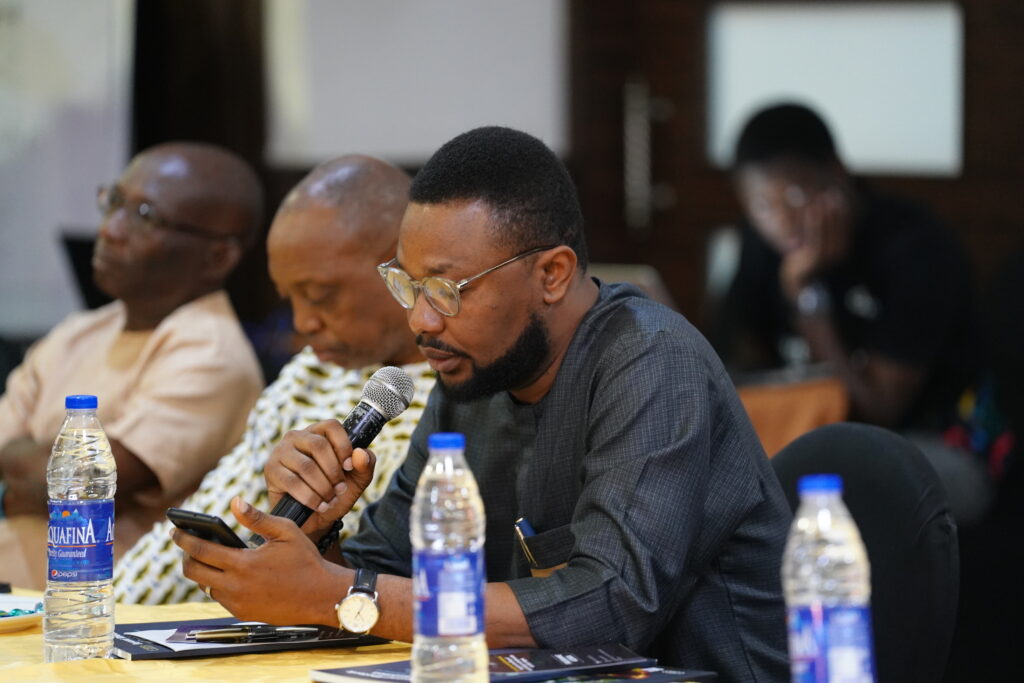By Chesa Chesa
Nigerian media houses have been charged to prioritise trainings to build the capacities of their journalists and to follow up with step-down sessions facilitated by journalists who have attended such capacity-building trainings/workshops.
While it is important to understand the dynamics and politics of media organisations, newsroom managers need to be brought on board, even as the passion of the reporters to be trained must first be established by workshop/training institutions.
These are some of the recommendations reached at the end of a one-day stakeholders’ engagement dialogue on ‘Research of the Efficacy of Media Training on Extractive Sector Reporting’ organised by the Centre for Journalism Innovation and Development (CJID) in Abuja, recently.

The dialogue was organised to engage journalists, media stakeholders and civil society organisations, to share ideideasas and validate the key findings from the research on the efficacy of media training to cover extractive-linked corruption, to promote the evidence and for future partnerships among actors.

The session was preceded by a presentation on the key findings from the research, by Akintunde Babatunde, Deputy Director of CJID; and Israel Boboye, Monitoring and Evaluation Officer, also of CJID.
Some of the key findings are that media training have propelled increased initiatives for more in-depth stories in the extractive sector that have yielded some impacts such as policy recommendations, awards and stakeholder engagements.

It was also observed that the provision of grants motivates journalists to report stories, although there is usually an information gap between journalists and newsroom managers.
Still along other findings, it was highlighted that aside the limited finances of media houses and “politics” of newsroom, the location of mineral resources in the extractive sector is situated in remote places which makes them difficult for journalists to access; and that newsrooms do not hire professionals to produce credible explainers to foster more engagement of extractive sector reports.
In preferring solutions to these and others, the well attended and very interactive CJID dialogue further recommended that training institutions should market training to newsroom managers, asking them to nominate appropriate journalists for training workshops.
Other recommendations are that “journalists should involve editors in these commissioned reports for a smooth editorial process.

“When organisations are giving grants, they should communicate with someone internally in the newsroom, to ensure the reporter delivers.
“We need to start rethinking the positions of our journalists and start seeing them as knowledge producers and training them for knowledge management.
“There must be capacity building also for editors in a bid to understand the registers for reporting.
“A percentage of journalists’ grants can go to the newsroom to foster more collaborative work. Trainers need to interface with newsrooms based on their realities.”
As concerns were raised about instances of some non-performance by journalists given grants by training institutions, the participants at the dialogue came up with suggestions to stem such situations.

Among the recommendations thrown up on how to hold journalists accountable are the following:
“Journalists should be constantly engaged and followed up while it is important to engage the gate-keepers. For instance, the media organisation a journalist reports for should be made to sign an MOU.
“Training institutions have to know the journalists they are dealing with. Journalists should be trained based on the sector they report on.
“Verify that letterhead submitted for recommendation are valid by getting in contact with the organisation.”


